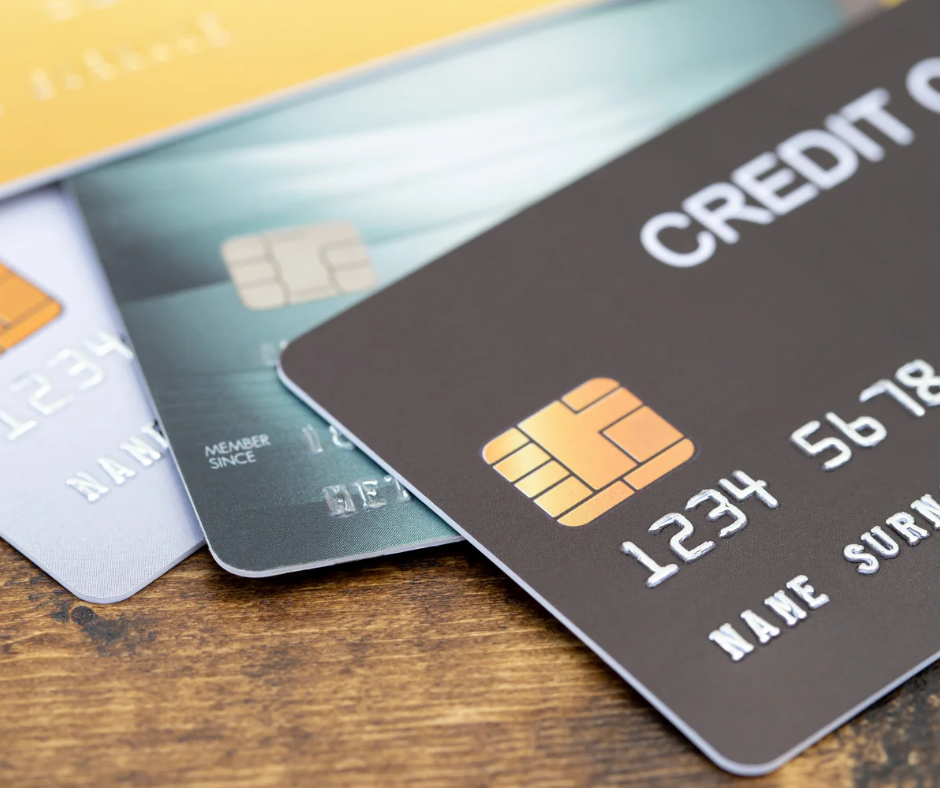The pandemic skyrocketed the use of contactless payments to minimise any unnecessary physical contact, but even before this, the use of electronic payments was gaining momentum. It’s easy to assume that we are becoming a cashless society, but there are many pros and cons to weigh before we can decide if this is the right direction.
So what are the advantages of a cashless society?
- Reductions in crime
When there is less cash being used burglaries and corruption tends to drop. Cash is relatively untraceable and so favoured by criminals whereas, digital payment methods can be shut down quickly if it was to fall into the wrong hands.
- Biometrics
Biometrics are making fraud increasingly difficult by tracking physical and behavioural characteristics of its users and analysing them. This is why you’re sometimes asked to confirm a large purchase is actually you.
- NFC and AVS
The innovation of Near Field Communication (NFC) and Address Verification Services (AVS) have helped to strengthen security for cashless transactions, and make the process of using cashless payment methods easy and seamless.
- It can make money management easy.
The everyday management of money is much easier with cashless methods as there is no need to store, protect deposit or withdraw cash. This can make it easier for people and businesses alike.
- Travel is easier without paper currency.
Without physical cash, there is no need to exchange currency to that used in an international location, saving time and effort before making a trip. You can typically get the best, and most current exchange rate when using digital currency too, saving you money when returning home.
- Less chance for future pandemics to gain traction.
With less physical contact in everyday environments, there is a reduction in the transmission of pathogens which can hep to prevent illnesses. This would really help to minimise the potential of future pandemics of airborne viruses, but can also help to improve general wellbeing.
What about the Disadvantages?
- People may be less comfortable with the technology it requires.
Cashless payment methods do require a certain level of technical competency that not everyone will have. It can also effect the poorest communities that do not have the funds available to buy the technology required for a fully cashless society.
- Areas with poor connectivity could struggle.
Rural areas don’t always have the best mobile and broadband connectivity and so moving to an entirely digital platform could see these areas struggle to keep up, or cut them off completely.
- Could see increase in cybersecurity issues.
There are already very real, and serious cyber-crimes and scams that exist, and are always evolving to breach new security systems, so it’s likely that increased cashless payments would lead to increased cyber-crime.
- Privacy can be hindered due to digital footprints.
This is a big concern for those opposed to a cashless society. When paying digitally, you leave a digital footprint, which can be easily monitored by a number of institutions, and so understandably many people are concerned about their spending habits and personal data being tracked by big companies.
- Can be easier to overspend when not seeing a physical sum of cash.
Cashless spending can feel difficult to control as it’s easy to overspend when you aren’t seeing a physical amount of money in your hand or wallet. Many people rely on physical cash to budget and it could be much harder if the cash is purely a number on a screen.
- Increased costs for small businesses.
Most mobile and card payments come with a small processing charge which can quickly add up and reduce profit margins for smaller businesses. This with the added cost of the technology needed to take these payments can hinder the growth of a new or smaller business. It can also drive up costs for their customers.
Are we really becoming a cashless society?
Even though cashless payments are developing at a rapid rate, a fully cashless society is a very distant prospect. Cash is a reliable way to spend and can be essential, especially for those without the technology required for cashless payments. It’s important that those in the poorest communities, aren’t locked out by a no-compromise cashless society, making an already difficult situation worse.
It’s clear that giving people a choice for their spending is key. Everyone needs the right to spend and save on their own terms. The technology is ready for facial recognition and cashless methods, but those who seek a physical interaction with their payments don’t need to be left behind.

